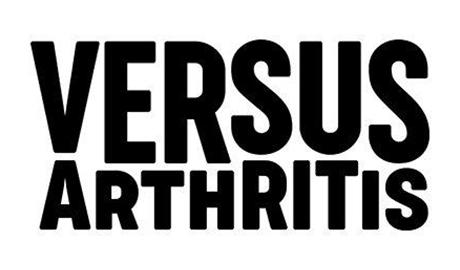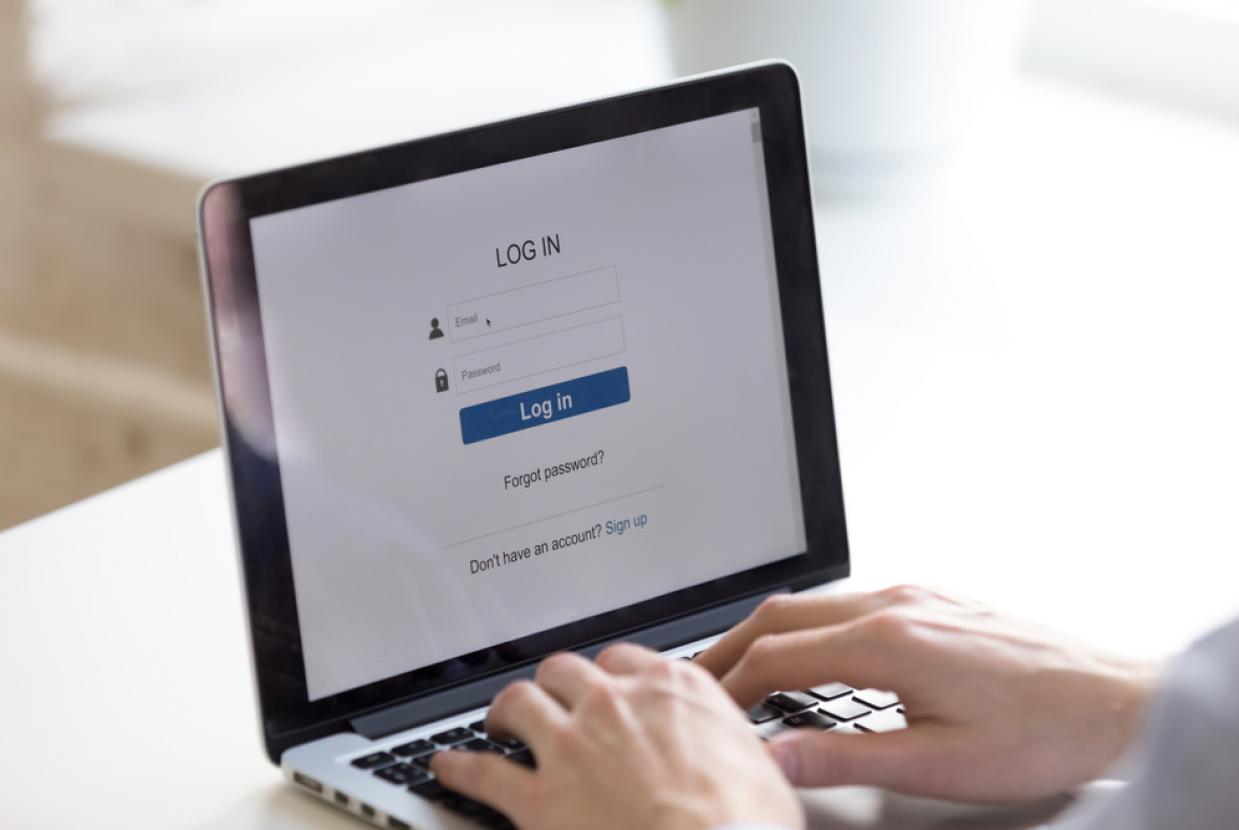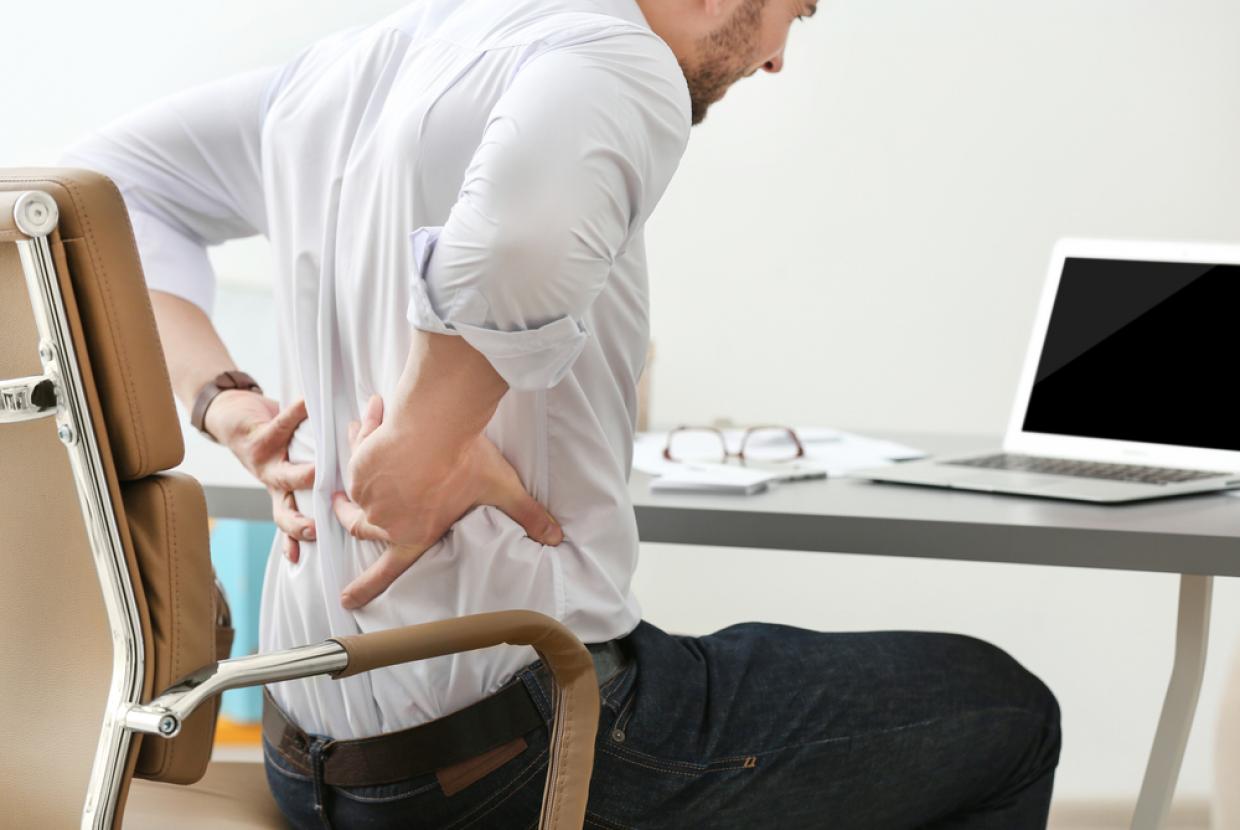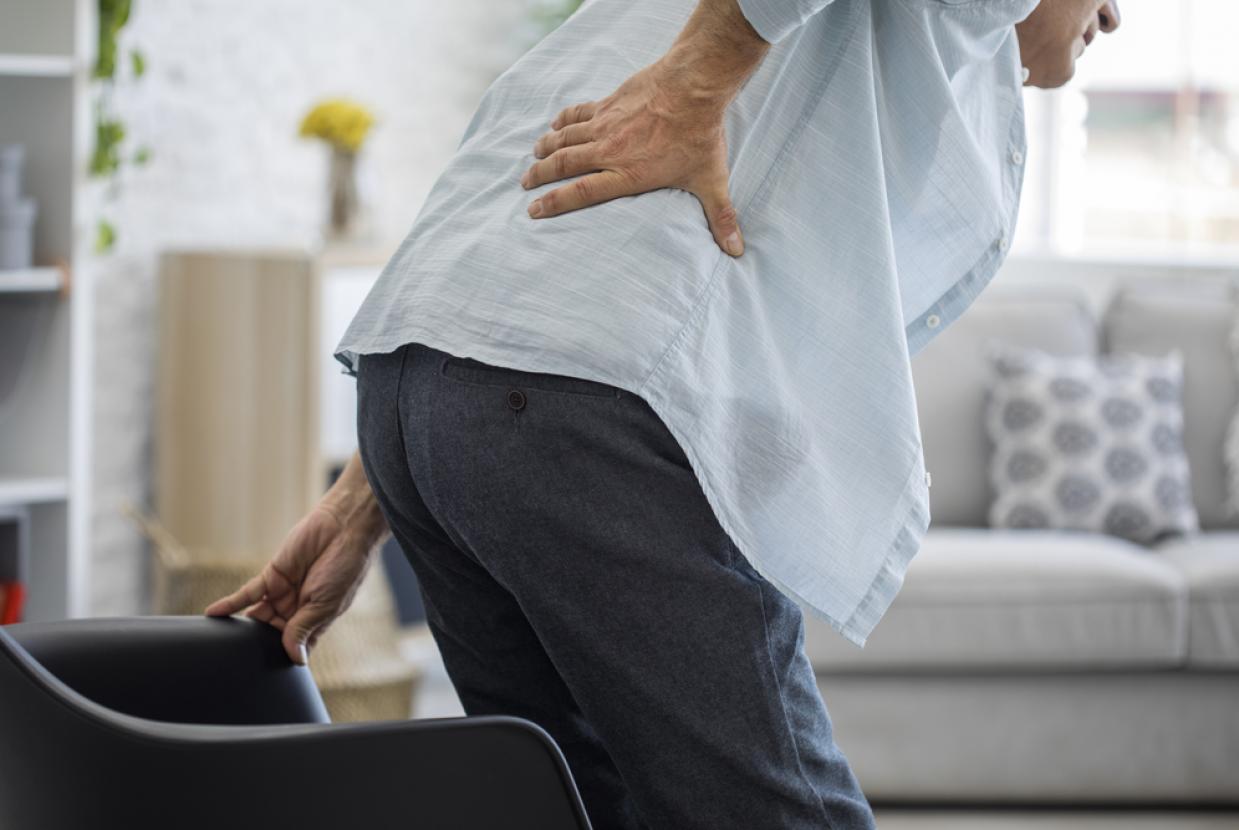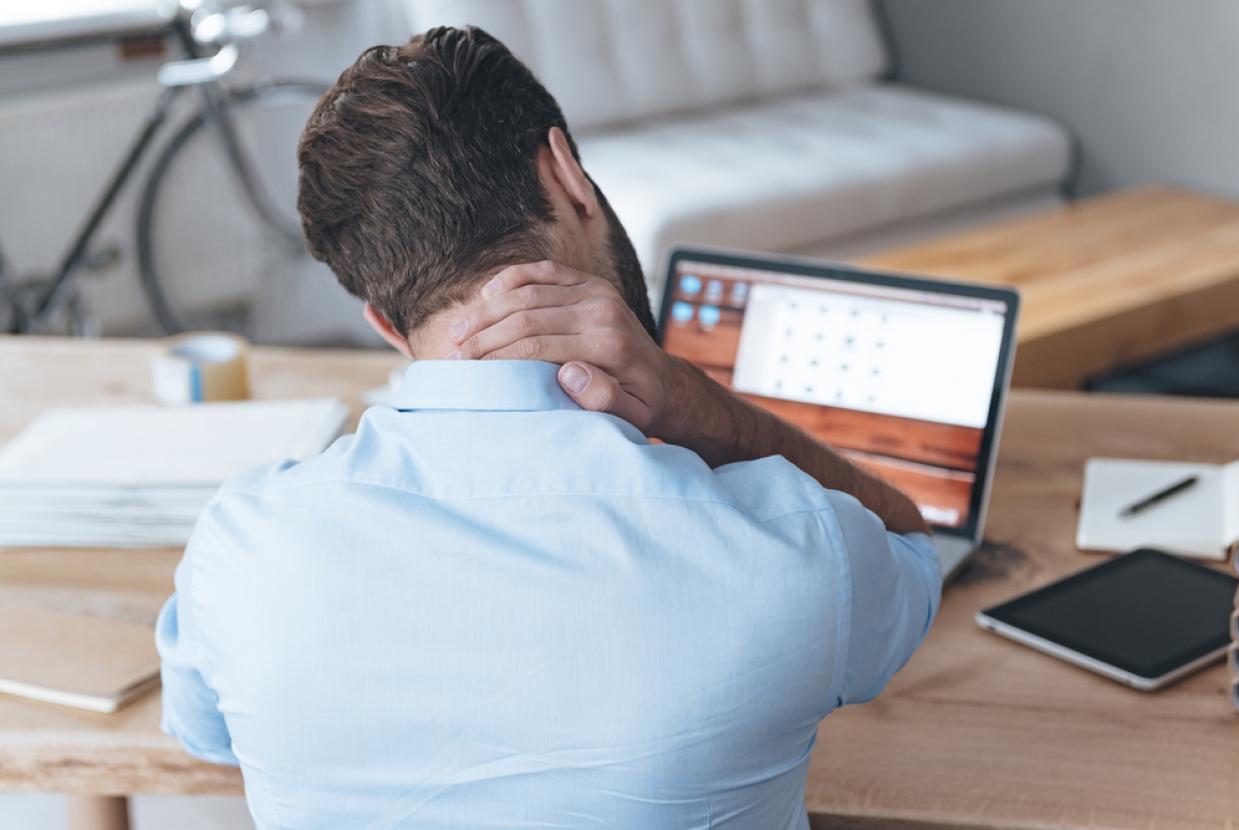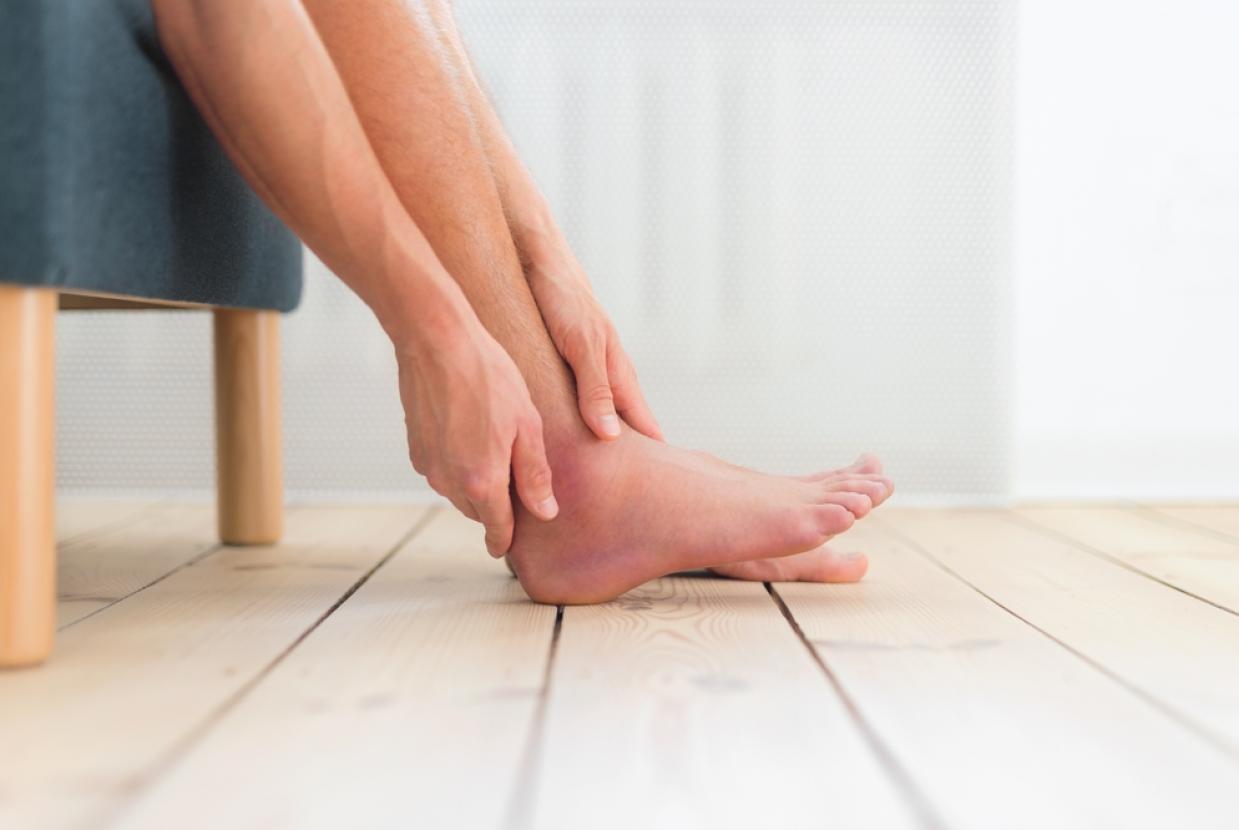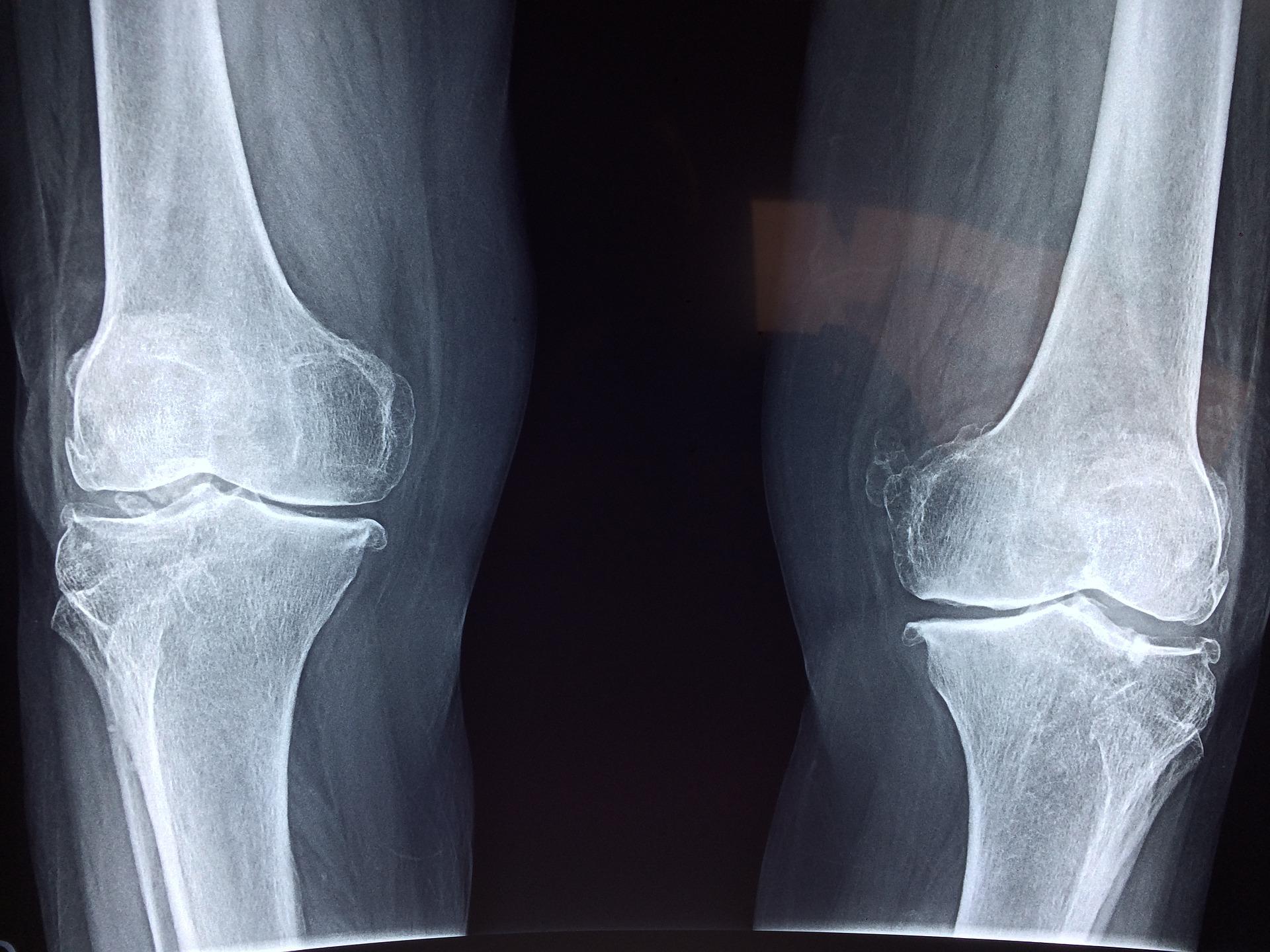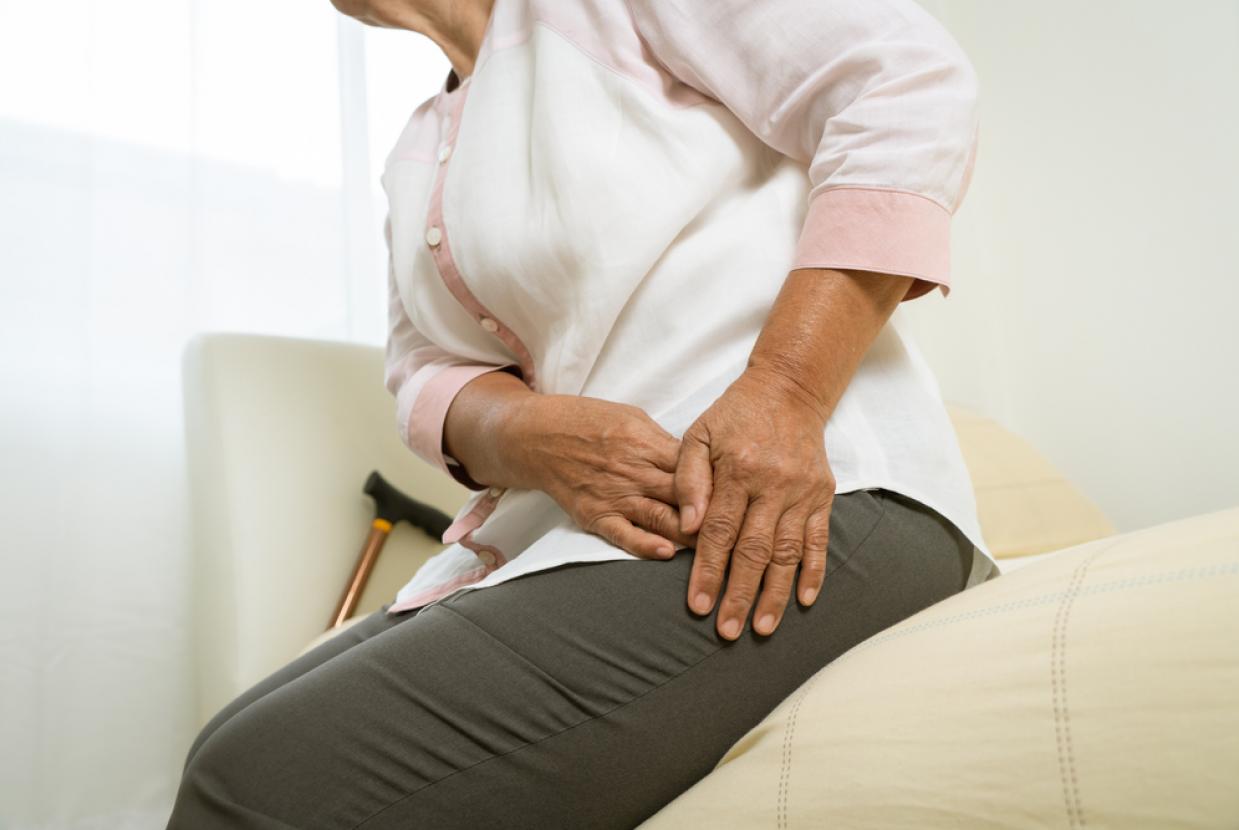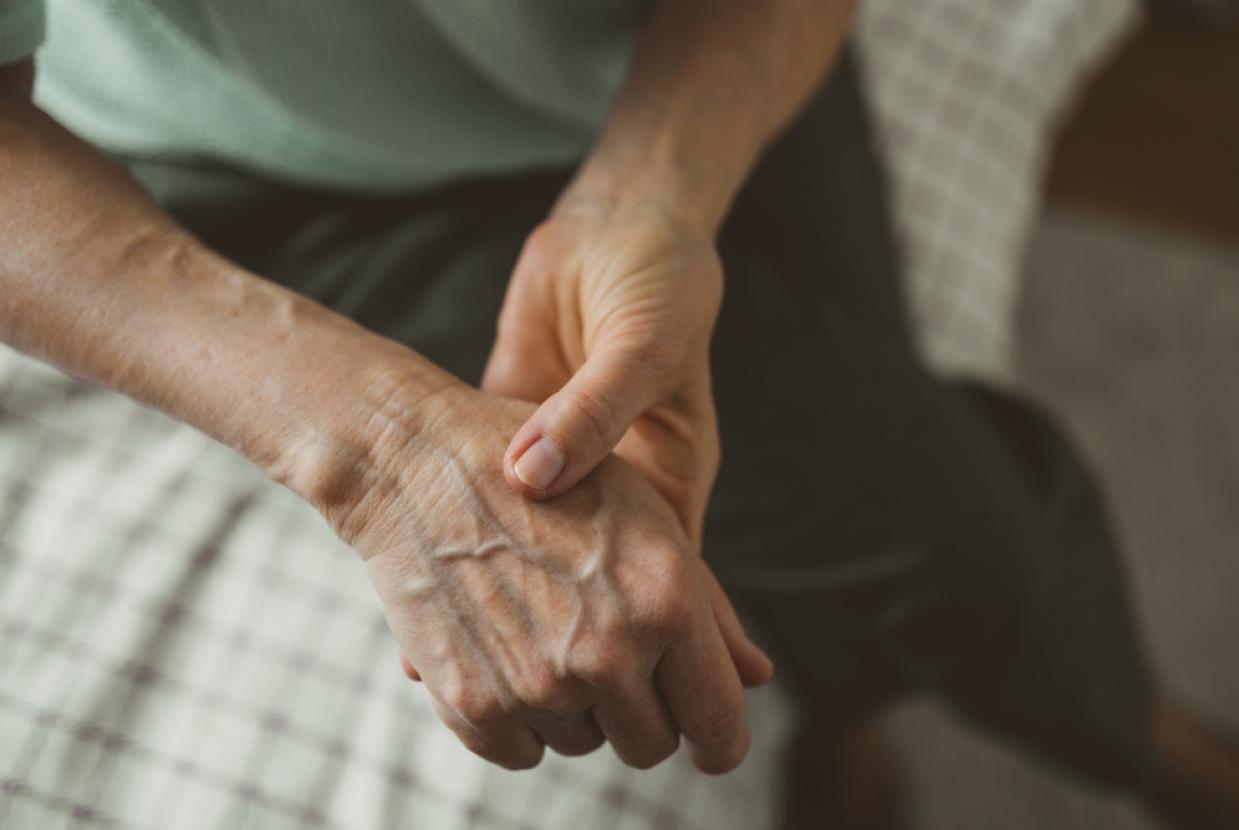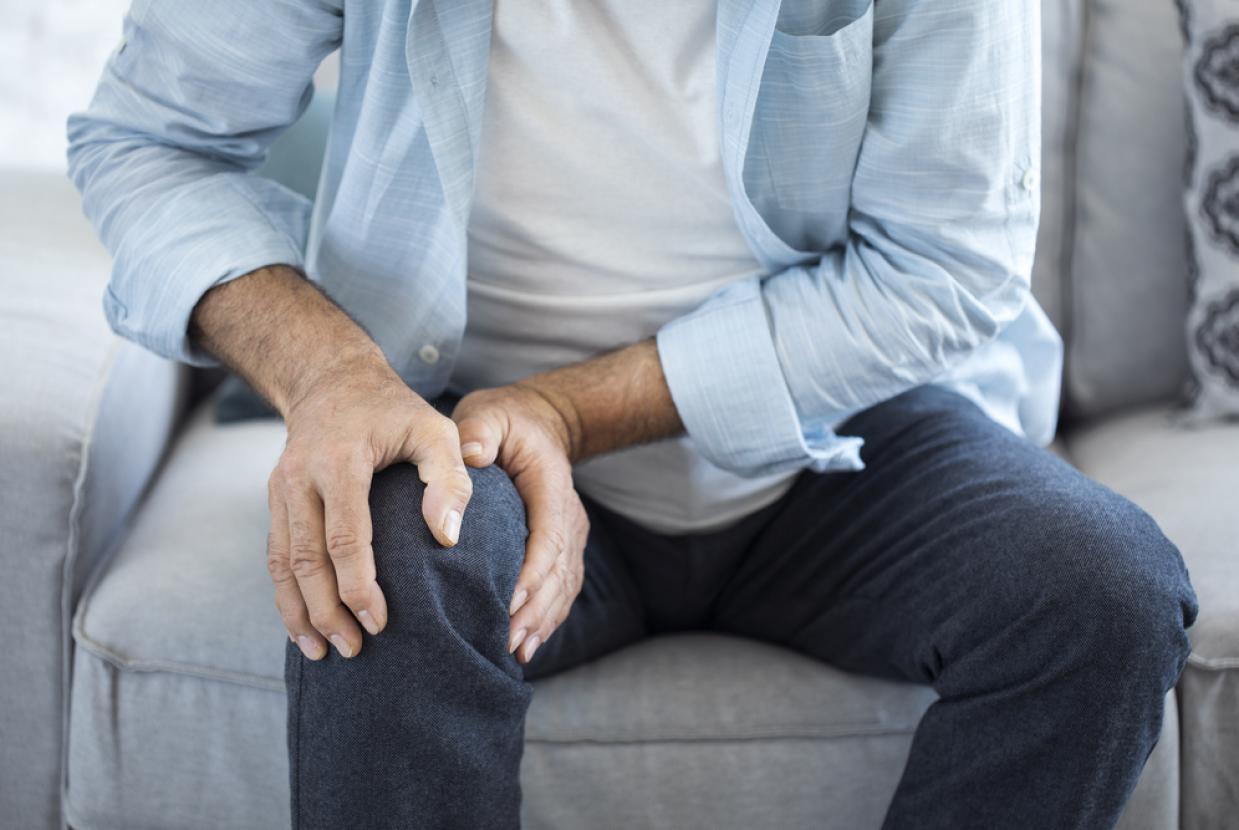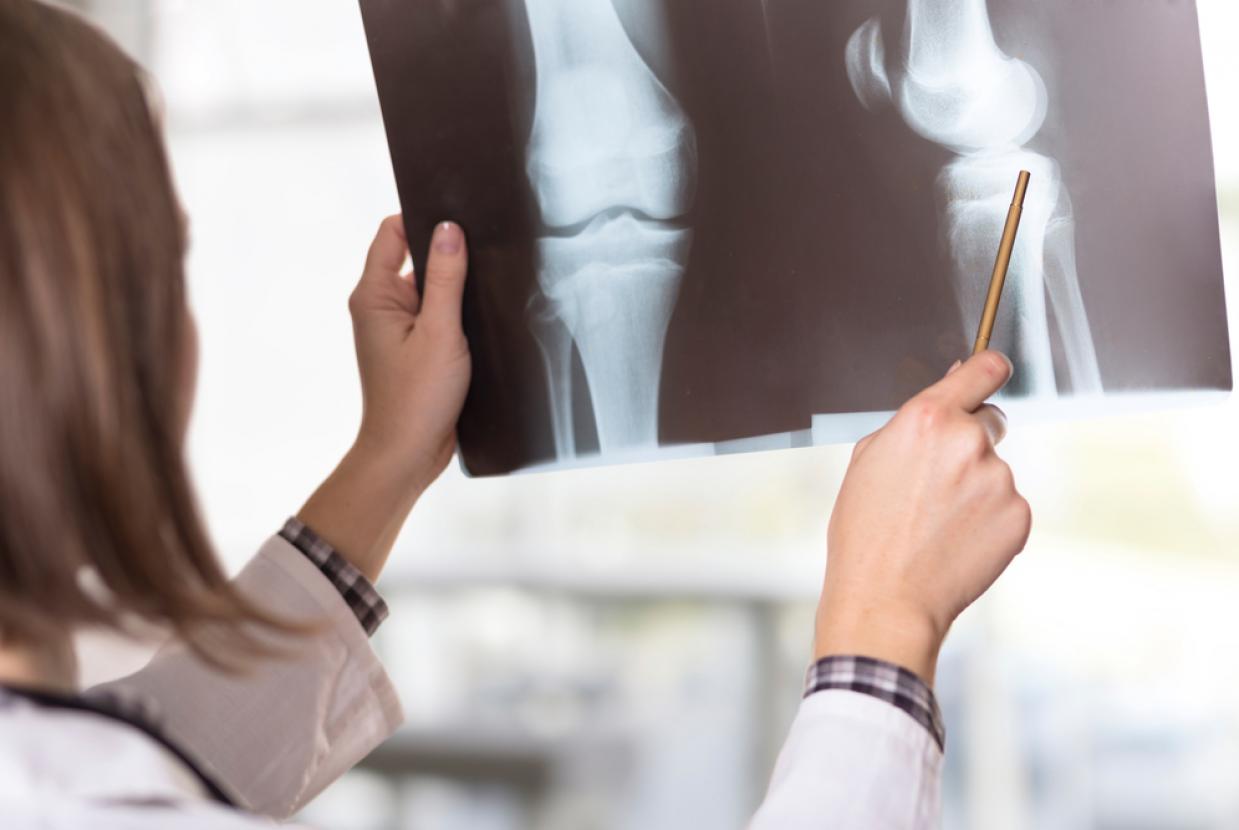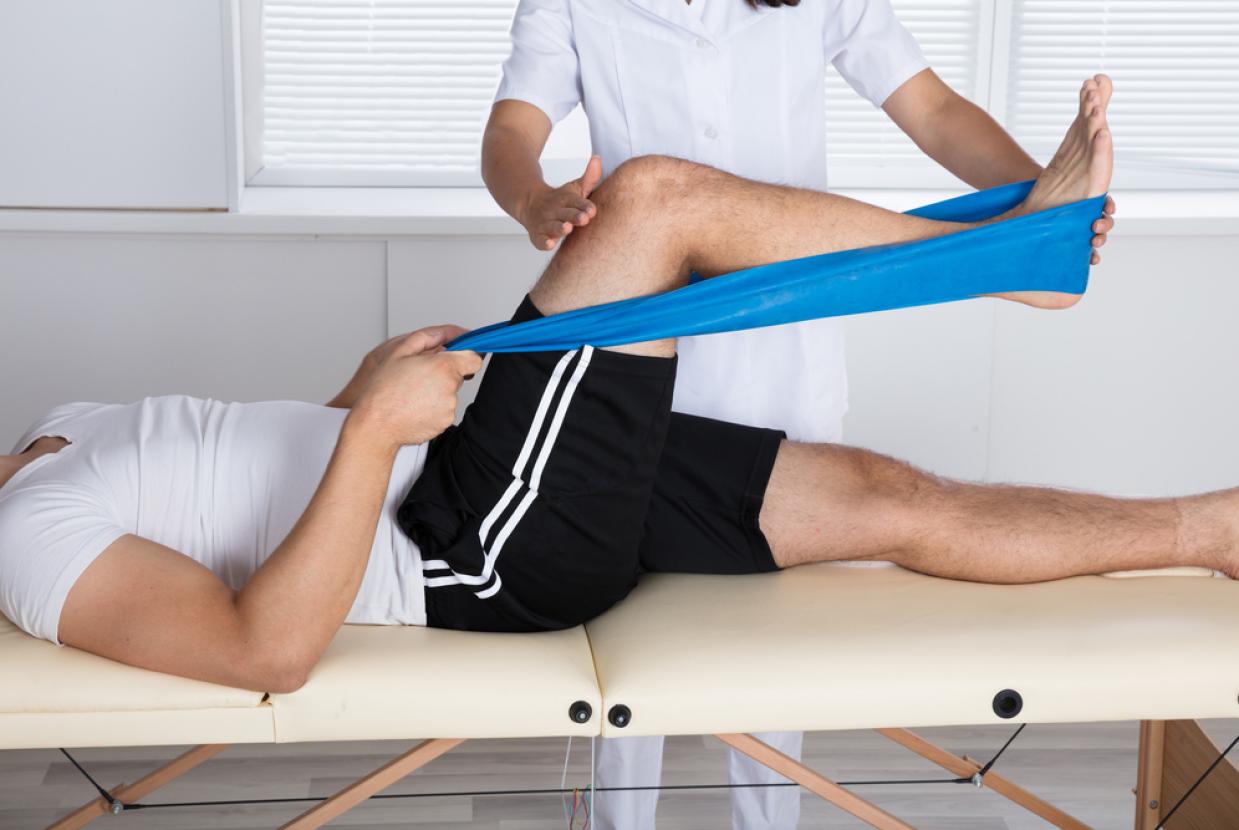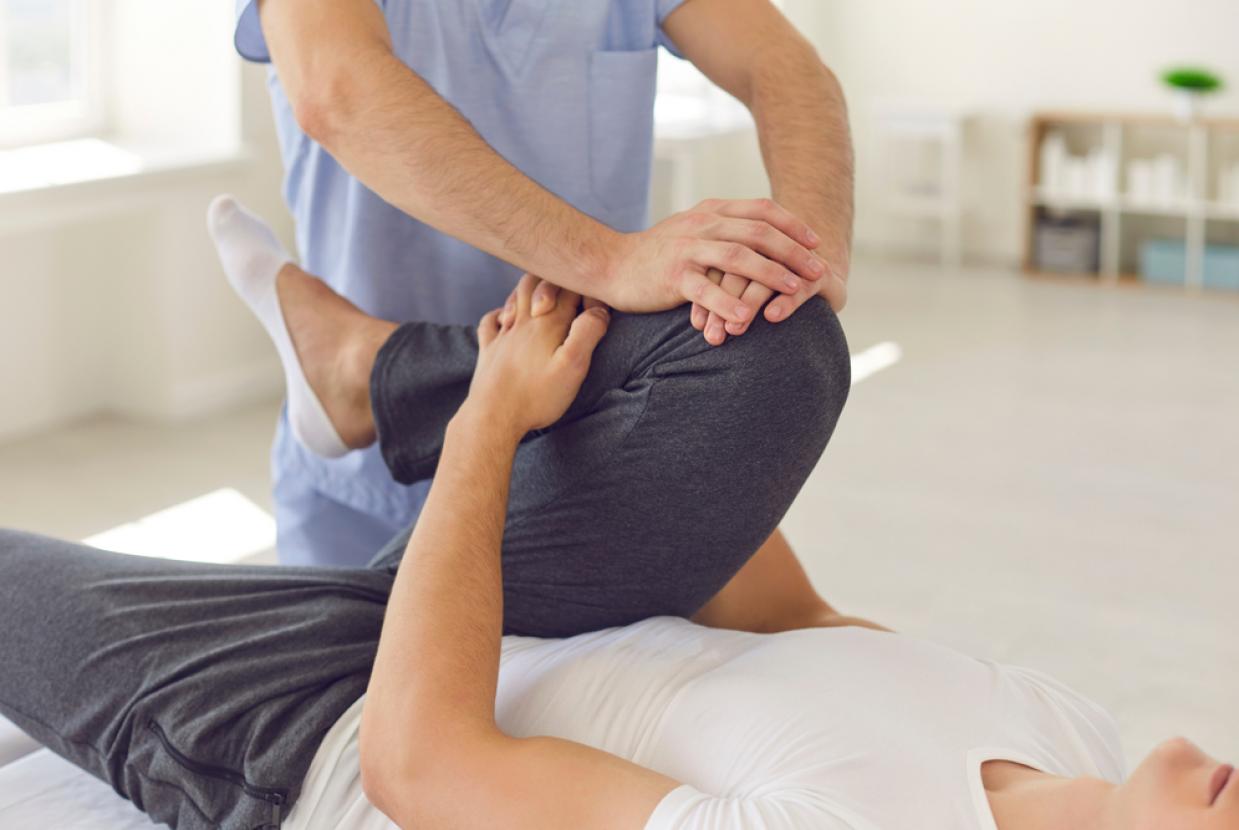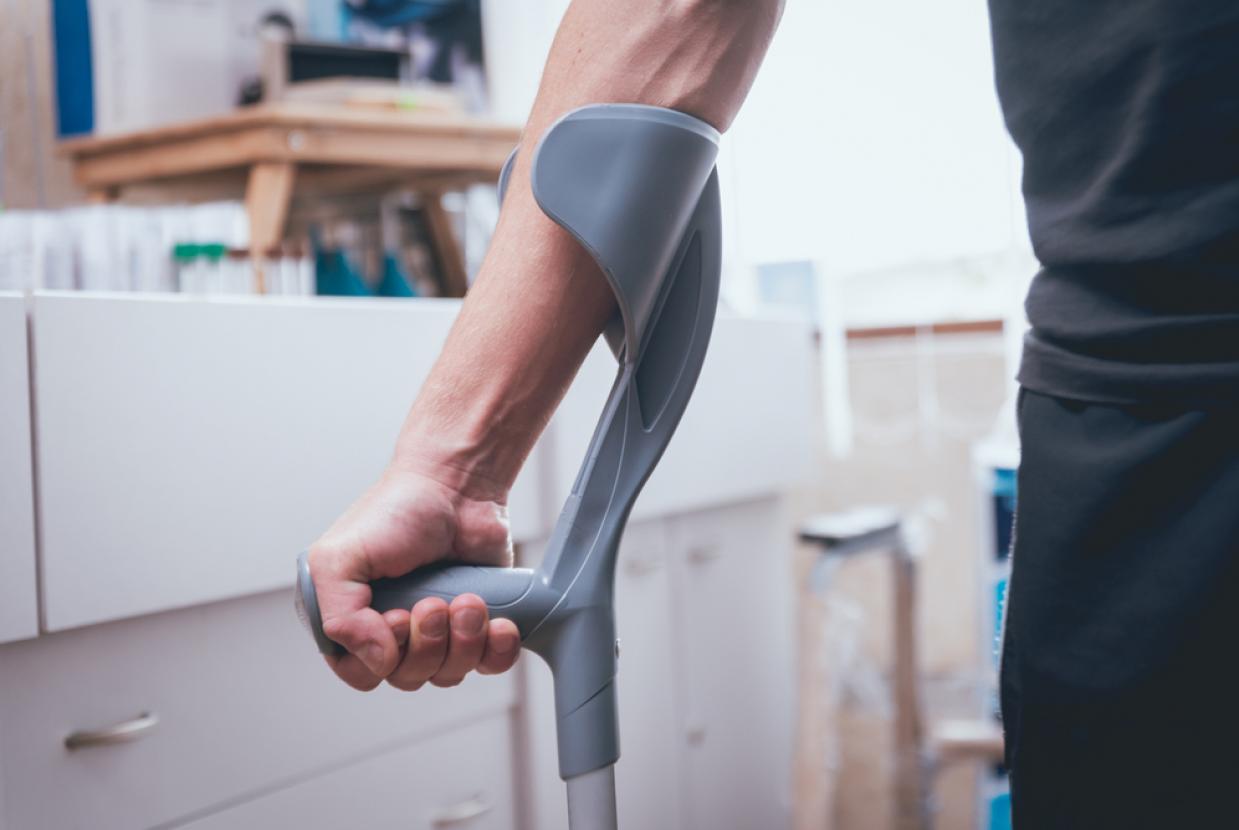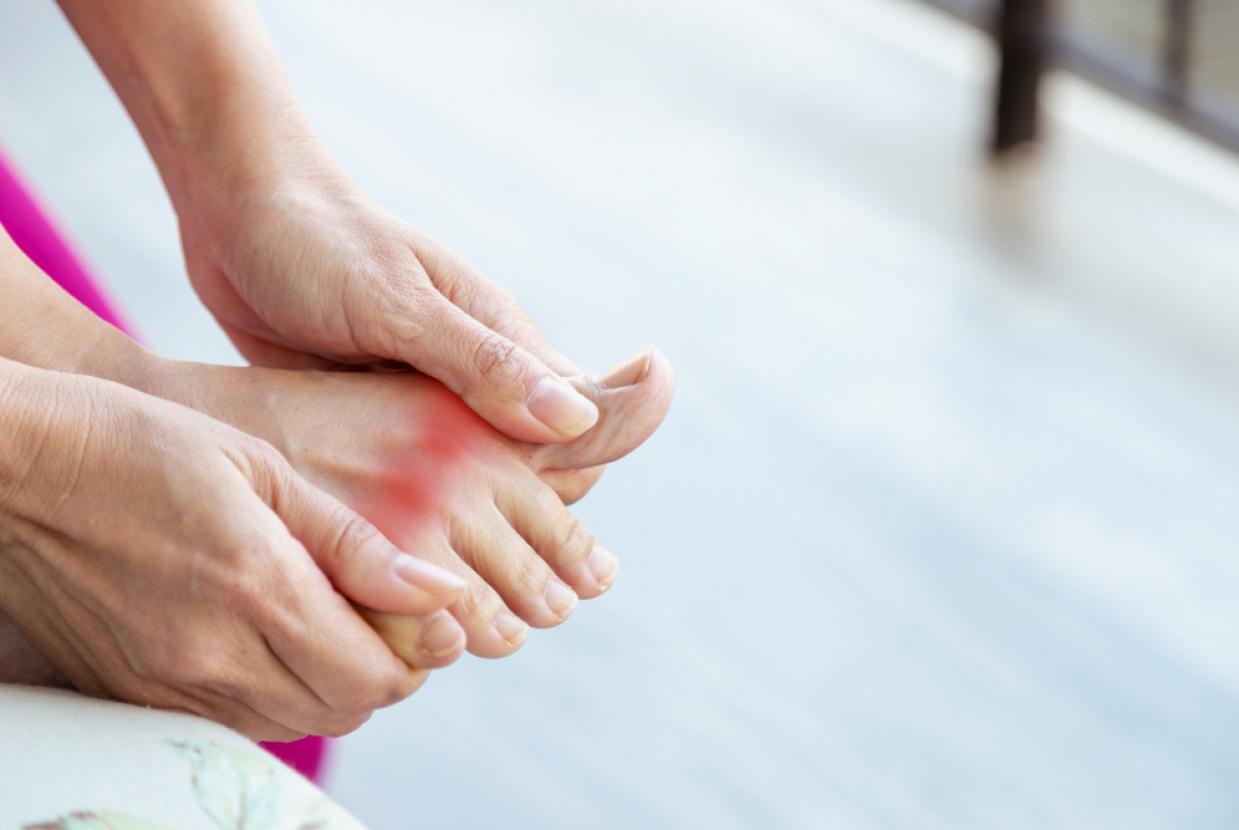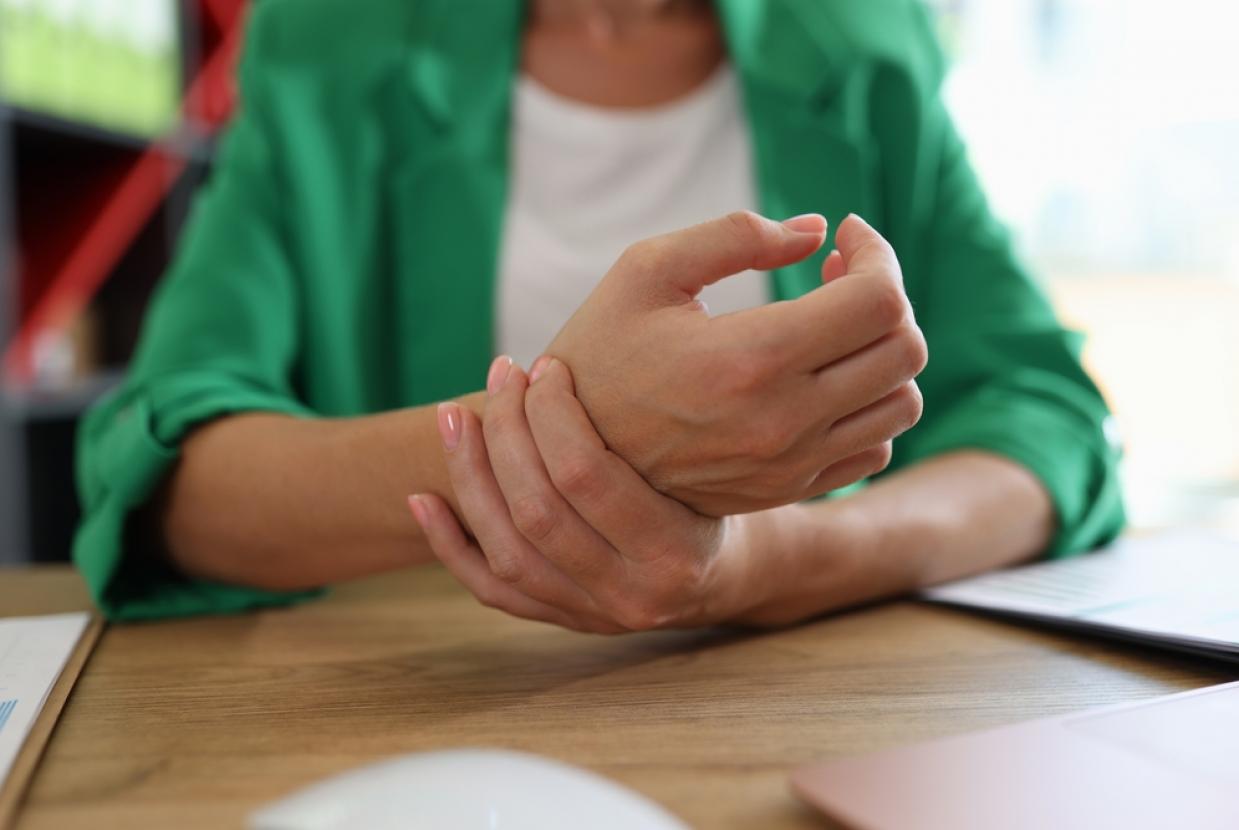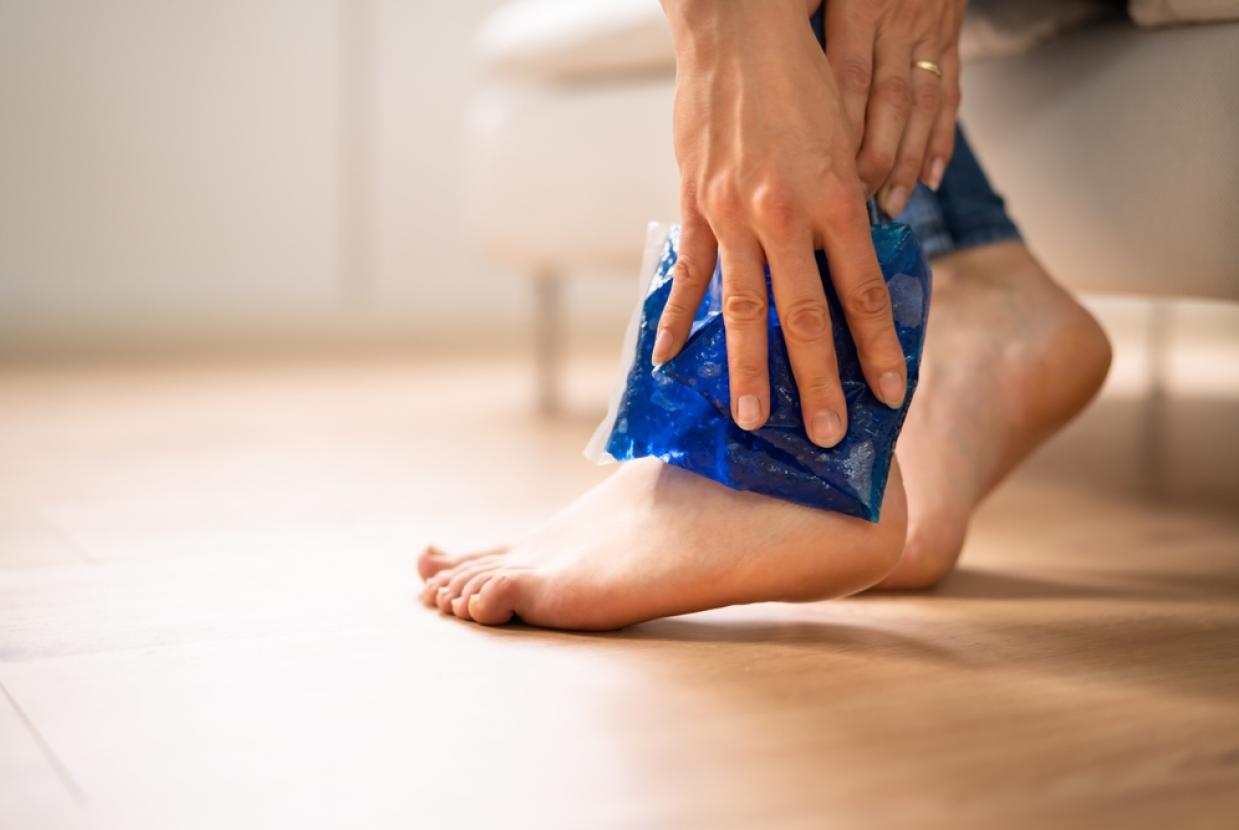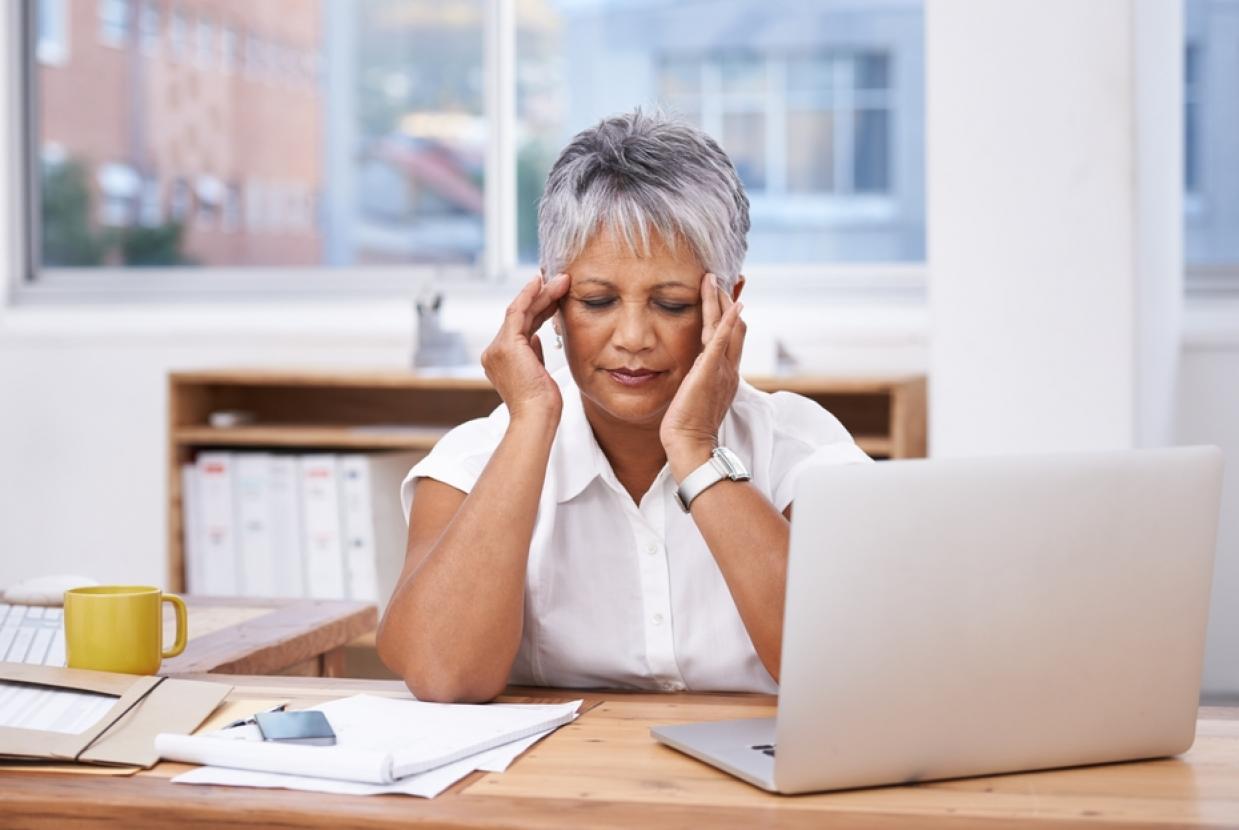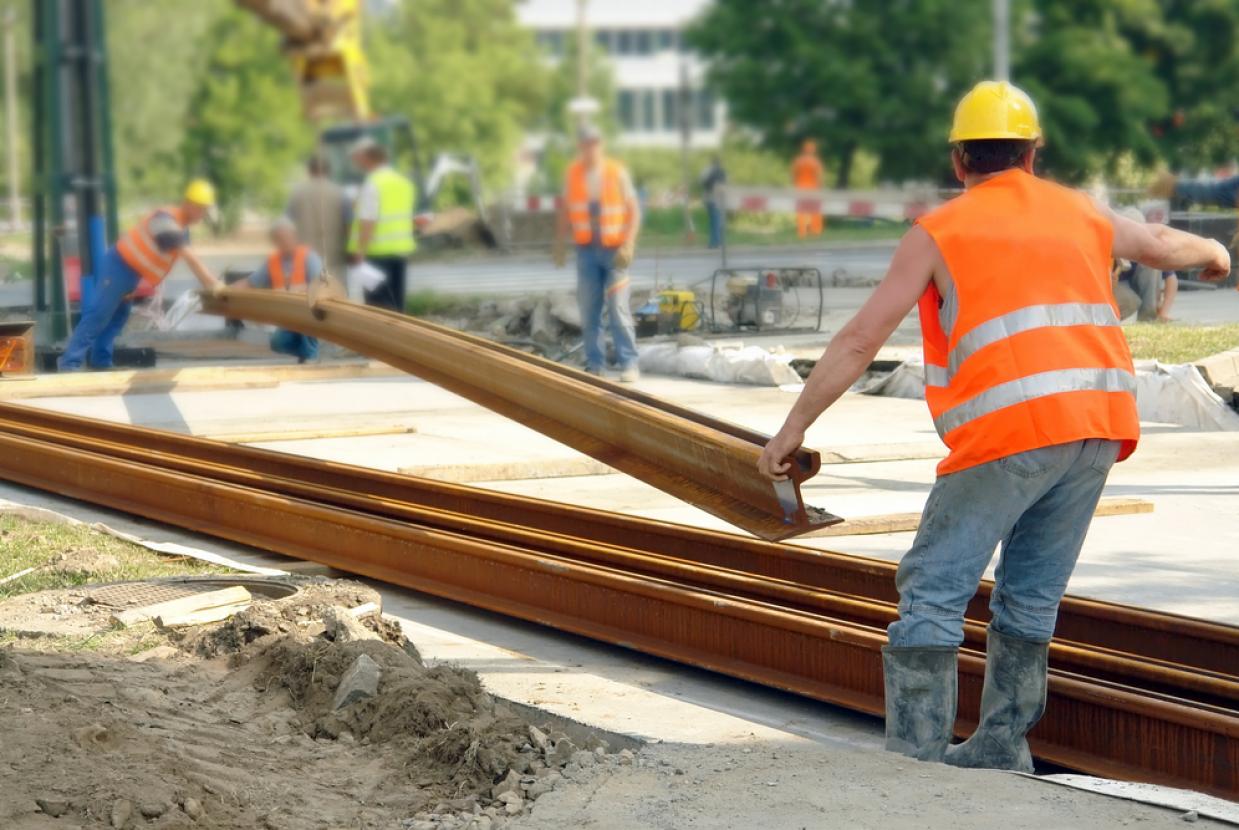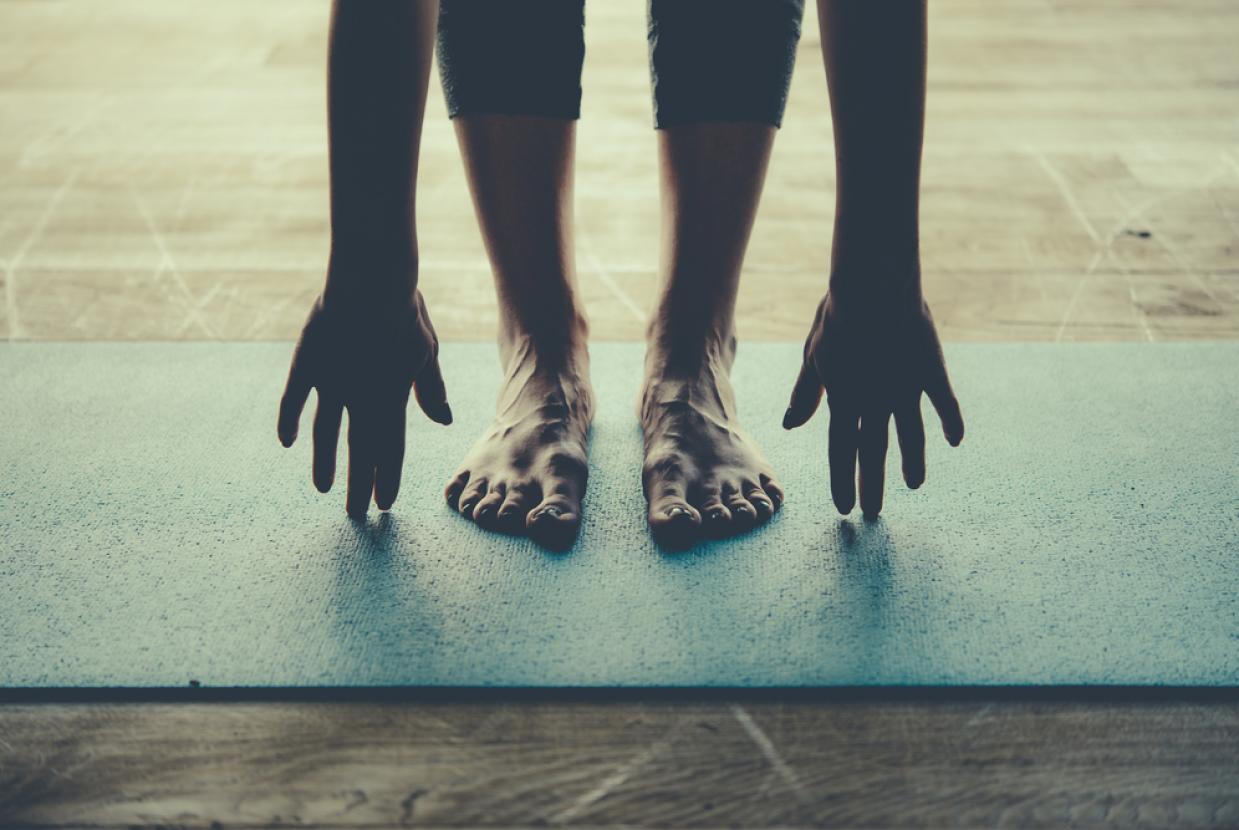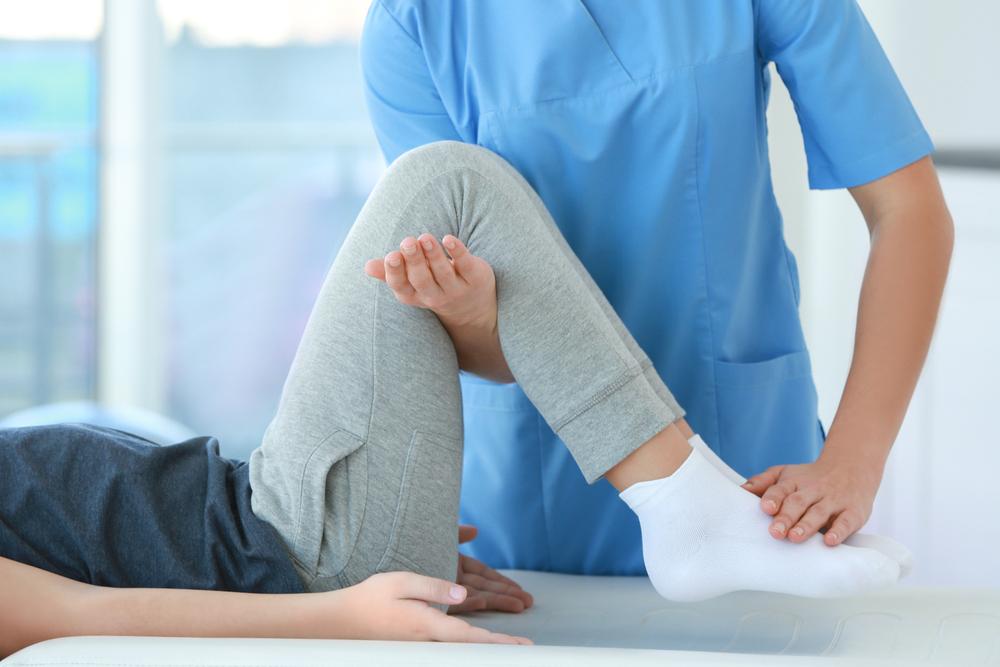Working With Back Pain
Arthritis/Back Pain/Joint PainGetting back to work sooner rather than later will help most people with back pain.
This will help your back pain itself, as staying active and keeping the back muscles moving will help you get better sooner. It'll also make you feel better about yourself as time off work has been shown to affect people’s mood.
In the past, people were advised to rest up in bed and we now realise that it does more harm than good and that it's better to keep moving, even if you need to take some simple painkillers to allow you to do so.
Most people are able to return within 2-3 days, although the length of time off work varies with the individual and the type of job you do.
You don’t need to wait until your back problem has completely gone. In many cases, the longer you’re off work the more likely you are to develop longer-term problems and the less likely you are to return to work.
Getting support from your employer
It’s important to keep in contact with your employer and discuss what can be done to help you return to work. If your work involves heavy lifting or other physically demanding tasks, you may need to do lighter duties and fewer hours for a while.
If you have an occupational health advisor through your job, they can help advise what work you are fit to do and arrange any simple adjustments to your work or workplace to help you to cope and stay at work.
Getting other support
If you're having difficulties travelling to or from work or need an item of equipment, the Government’s Access To Work scheme might be able to help.
If you're unable to get back to work after two weeks of absence because of your back pain, you should talk to your GP and employer about getting physiotherapy or other treatment to get you moving again. You can get further advice through your local Jobcentre Plus and the Government’s Fit for Work guidance.


